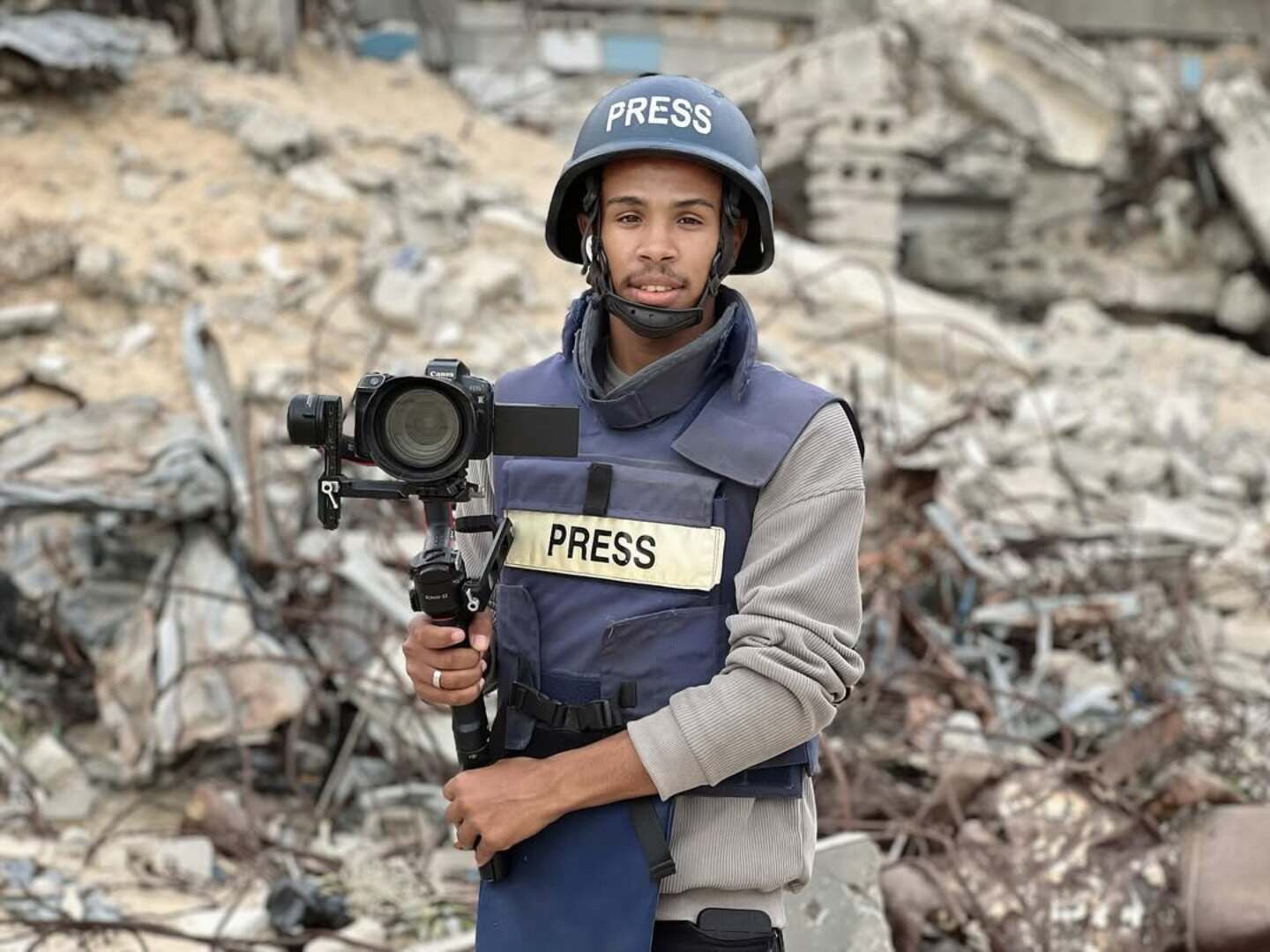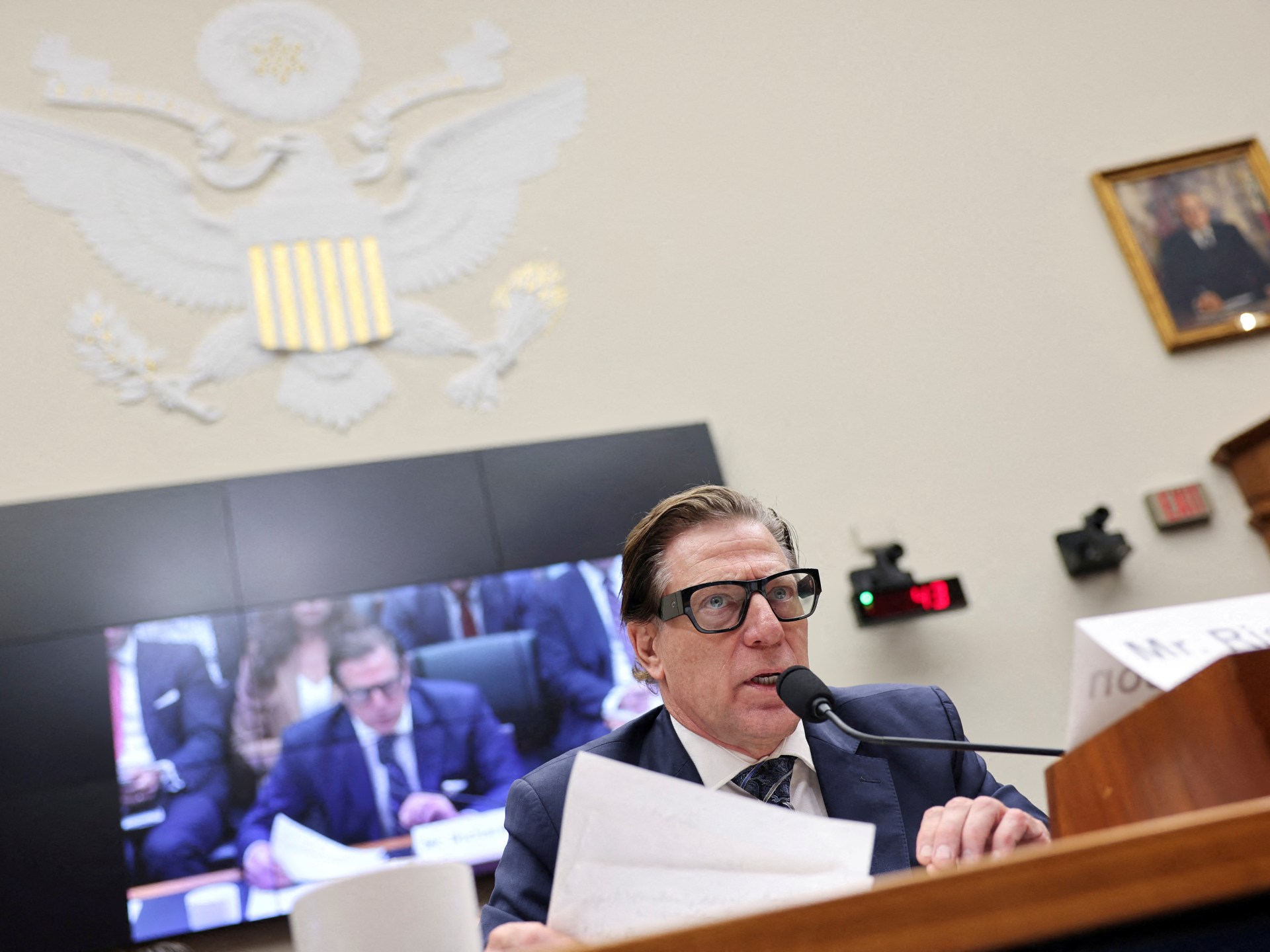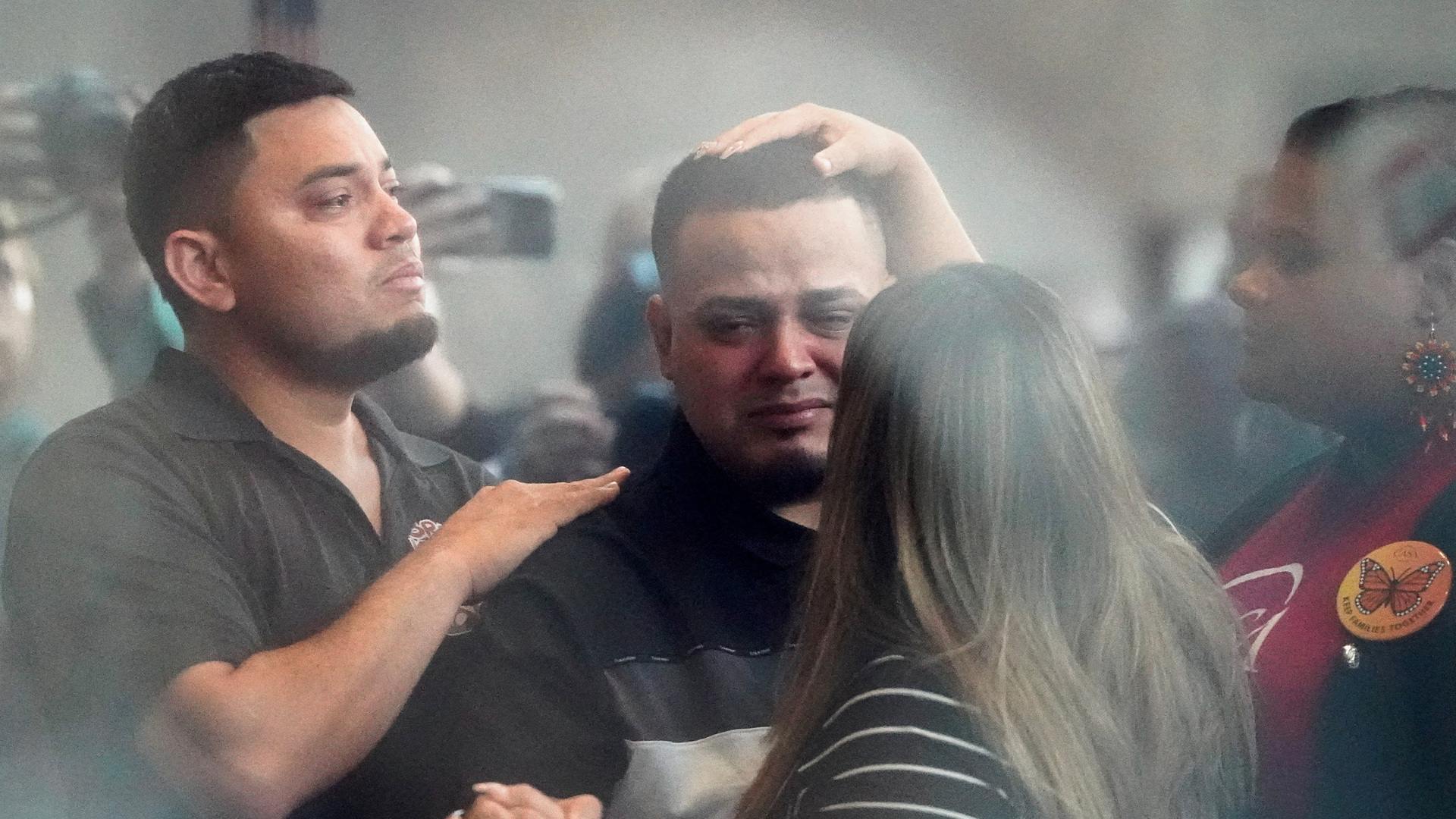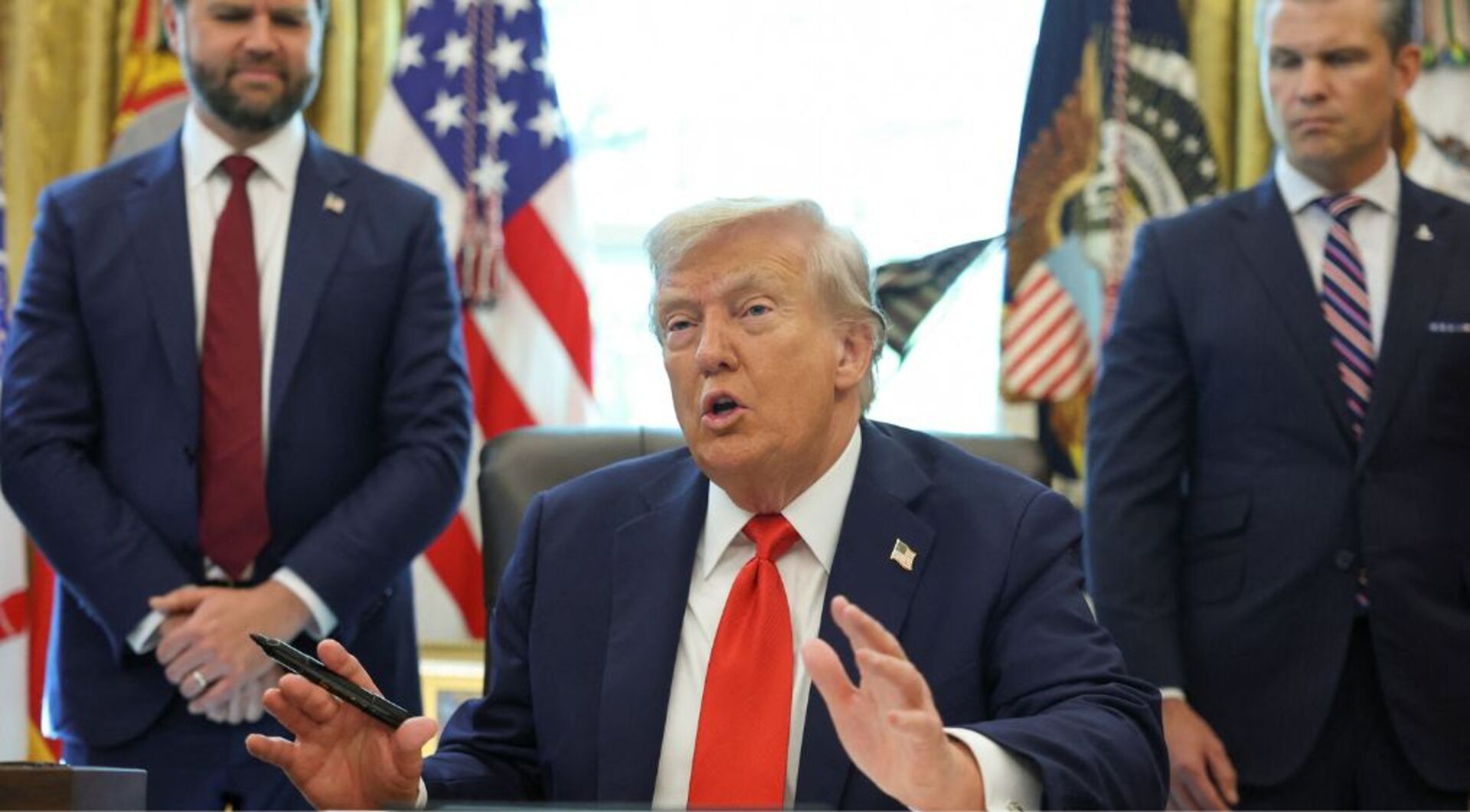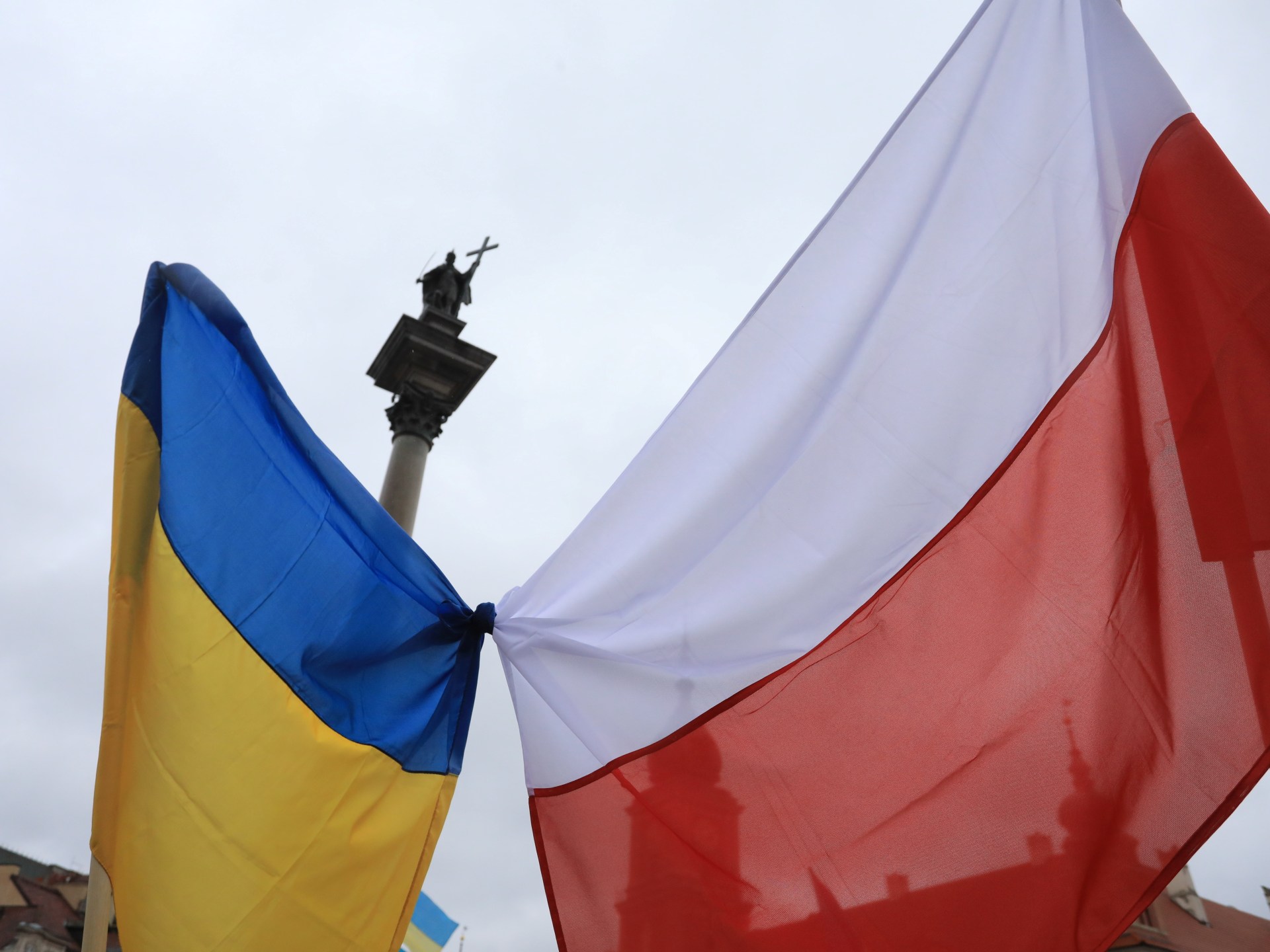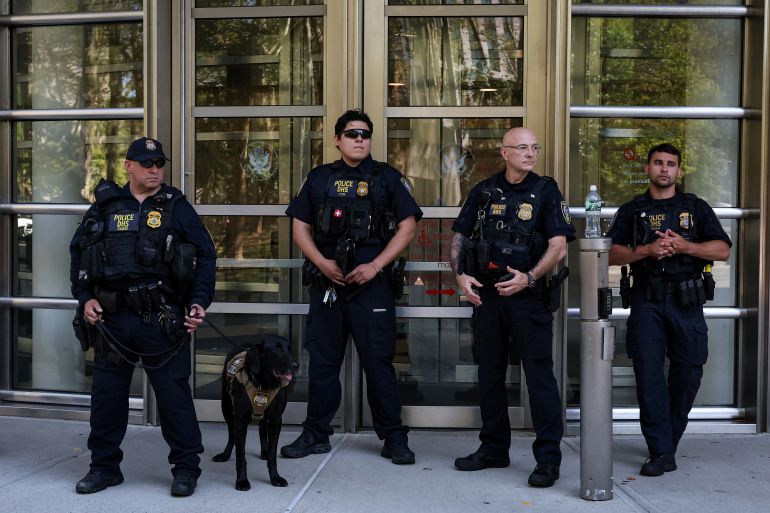As the conflict between the government and the head of state deepens and undermines the once ironclad support of its war-torn neighbor, a Polish deputy prime minister said, access for Ukraine to Elon Musk’s satellite internet service Starlink could be slashed as a result of the president’s veto of a refugee aid bill.
In an effort to retaliate against the Russian forces, Poland pays for Ukraine to use Starlink, a crucial internet service provider for the country and its military.
Karol Nawrocki, the president of Poland, vetoed a bill that would provide for Ukrainian refugees’ future access to child benefits and healthcare on Monday.
Krzysztof Gawkowski, the deputy prime minister and head of digital affairs, claimed that Starlink’s agreement also provided the legal foundation for its operation in Ukraine.
He wrote on X that “Starlink internet is no longer available to Ukraine as it goes to war.”
The veto was criticized by Polish Prime Minister Donald Tusk, a centrist. However, his government is unable to obtain the necessary two-thirds of the parliament.
“Especially not innocent children, we cannot punish people for losing their jobs,” he said. Agnieszka Dziemianowicz-Bak, the minister of labor, wrote on X, “This is the ABC of human decency.”
Gawkowski argued that Ukraine’s use of Starlink was threatened by Nawrocki’s veto.
“We want to keep paying for Ukraine’s internet through satellite. Unfortunately, the president’s disastrous choice has added a lot of complexity, and we will need to let our partners know when this support will end, he told the PAP news agency.
However, a spokesperson for Nawrocki confirmed to Reuters that a basis for Starlink’s payment could still be reinstated if a bill introduced by the president is approved by parliament by the end of the month.
Around one million refugees have settled in Poland’s neighbor since Russia’s invasion of Ukraine in 2022. They are mostly children and women.
Poland is a significant transit point for Western aid and a key supporter of Ukraine, but attitudes toward Ukrainians have changed.
Nawrocki, a steadfast nationalist, had promised to reduce Ukrainians’ social security benefits in the run-up to his June 1 election victory.
Nawrocki, who took office this month, told reporters on Monday, “I will not change my mind, and I think this aid should only be available to Ukrainians who are committed to working in Poland.”
Nawrocki added that, unlike now, Ukrainians who do not work in Poland should not be able to receive free medical care.
He said, “This places us in a situation where Polish citizens are treated less favorably than our Ukrainian guests.”
According to Gawkowski, Poland purchased and subscribed to Starlink systems for Ukraine between 2022 and 2024 for a total of 77 million euros ($90 million).
Ukrainians in Poland will be considered for the potential effects of the move, according to a Ukrainian diplomatic source who told Reuters.
If their children attend Polish schools, they are currently eligible for the monthly family benefit of 800 zlotys ($218) per child. Germany and other EU nations have recently made proposals to reduce benefits.
